#Results
J.D. Power Ranks Porsche Most Appealing for 11th-straight Year
For the 11th-consecutive year, Porsche topped J.D. Power and Associate’s Automotive Performance, Execution and Layout (APEAL) study, which measures owners’ satisfaction with their new car.
The study surveyed 84,000 new car owners 90 days after their purchase to determine their satisfaction with their purchase. Porsche topped the list, just ahead of Jaguar, BMW, Mercedes-Benz, Audi and Land Rover.
So in other words, “Owners Pumped About Paying A Lot for Really Nice Cars.”
BMW M235i Bests Corvette, 911 In Consumer Reports Road Testing
BMW’s M235i has earned the highest marks ever bestowed upon the German automaker’s lineup from Consumer Reports, while also besting the Porsche 911 and Chevrolet Corvette in road tests whose results were recently released online.
Analysis: Tesla Q1 2013 Results
Tesla Motors, Inc. released its first quarter financial results yesterday, which featured a number of milestones for the auto maker. Among them, Tesla’s revenue rose 83% from the last quarter to $562 million, a record high for the company.
Tesla's Q4 Results Raise Questions About Long-Term Future
Tesla Motors Inc. released its Fourth Quarter & Full Year 2012 Shareholder letter on Wednesday. While the letter provides a very positive outlook for Tesla’s future, there are some questions looming in the background once we dig deeper into Tesla’s balance sheet.
Nissan Largest Japanese Carmaker. In Profits
Nissan pulled off an even bigger miracle than Toyota and ended a (this time truly) catastrophic year with a big profit. Today in Yokohama, Nissan CEO Carlos Ghosn announced that Nissan delivered a pre-tax profit of 535.1 billion yen (US $6.76 billion) for the fiscal year that ended on March 31, “despite natural disasters and currency exchange headwinds.”
Audi Overtakes Mercedes, Rolls In Money
The European malaise seems to have selective impact on European automakers. Audi announced record results today. Audi reported an operating profit of €5.35 billion ($7.16 billion) in 2011, and wants to have even better results this year.
What's Wrong With This Picture: Follow The Incentives Edition
Sadly, my internet came crashing around my ears just as GM’s Q1 results conference call was getting interesting. Typical Monday. I’ll rock myself to sleep tonight with a recording of the call and report back tomorrow, but at this point the big news is plainly visible on this single slide. Yes, GM finally got control of its incentives and wrestled them below the industry average… for a month. That month (March) also just happened to be the worst month this year for GM market-share wise. The next month (April), the incentives went back over the industry average, and market share increased once again. The lesson seems obvious: GM won’t gain market share on promises of high-quality cars and taxpayer payback alone.
GM Q1 Profit: $865m After Dividends
2010 GM And Chrysler IPOs Looking More Likely
Chrysler crowed over its 9.1 percent market share in its Q1 results conference call yesterday, and though CEO Sergio Marchionne refused to be pinned down on an exact time frame, an IPO this year looks more likely than ever. Similarly, BusinessWeek reports that GM’s Ed Whitacre has hinted that a Q1 profit is likely, as is an IPO in Q4 of this year or early next year. This improvement in both bailed-out automakers was underlined by former Presidential Auto Task Force head Steve Rattner, who said the two firms were “meeting expectations,” at a Detroit-area conference. But Rattner also put his expectations into some context by saying
When we did this restructuring we never expected a full recovery of our investment. If it ends up costing us $10 billion we should consider it a success. For about $10 billion we avoided economic and human calamities… I would suggest that that’s a pretty effective cost of government stimulus
That assessment is down considerably from Rattner’s last prediction, which expected a taxpayer profit on the auto bailout.




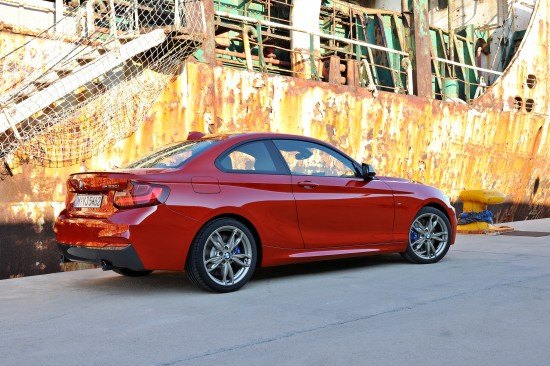
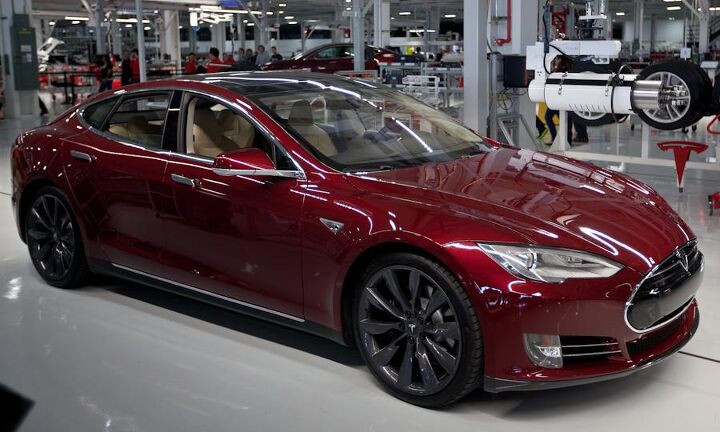
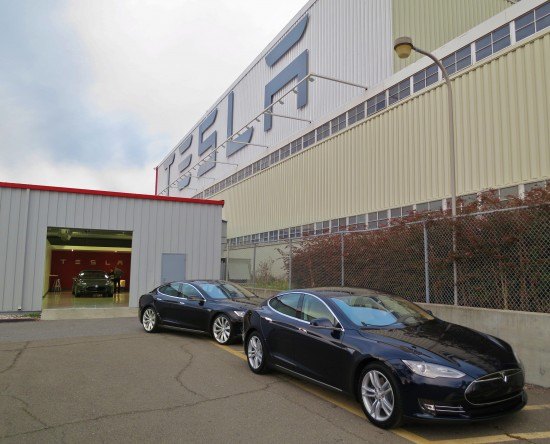

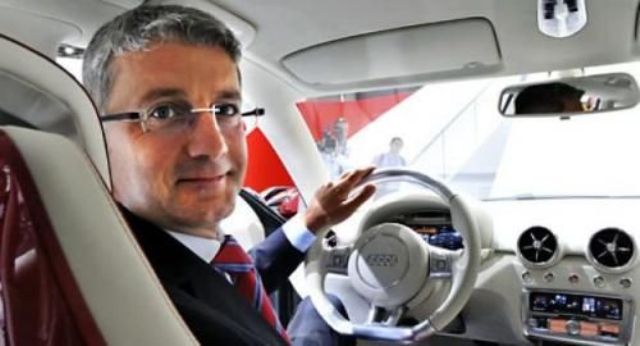
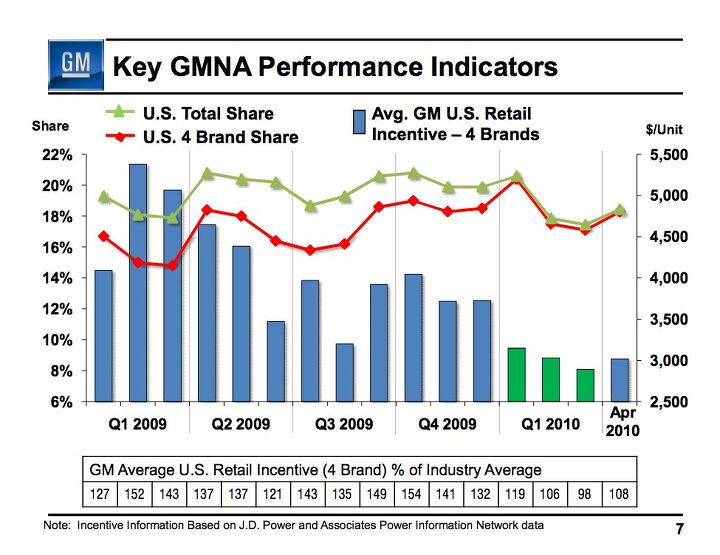














Recent Comments